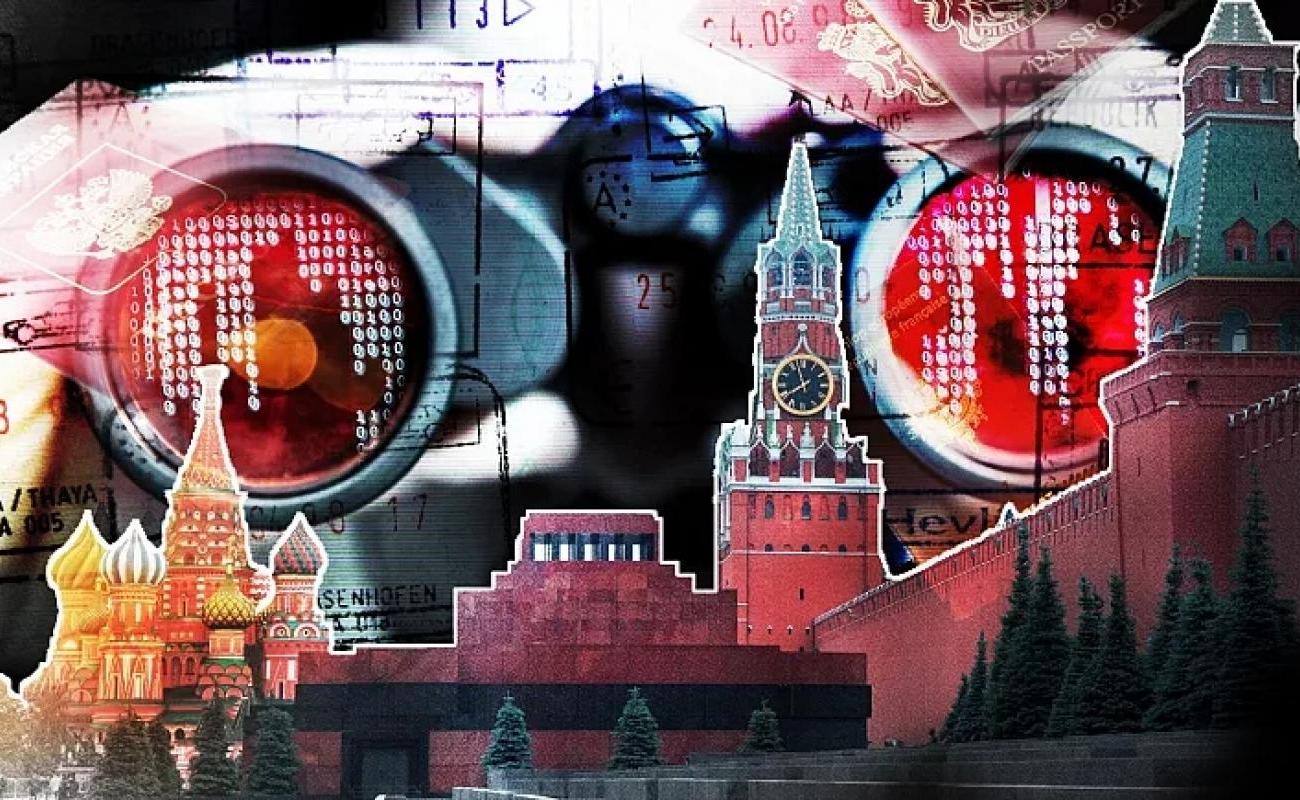When three Bulgarian nationals were charged this week for their part in a spy plot, ripped from the pages of an Ian Fleming novel, it exposed the lengths that Vladimir Putin's regime has to go to obtain potentially valuable information, and the risks it now has to take.
On the surface, the Bulgarians seemed almost unremarkable, each with very varied backgrounds which can be charted across their social media profiles.
Orlin Roussev’s LinkedIn profile states he owned a business involved in signals intelligence, which included the interception of communications or electronic signals. He also states that, earlier in his career, he acted as an advisor to the Bulgarian ministry of energy.
Katrin Ivanova says on LinkedIn that she works as a laboratory assistant for a private health business, while the BBC reports that Bizer Dzhambazov described himself as a driver for hospitals.
The pair ran a community organisation providing services for Bulgarians living in the UK, with the BBC reporting that this included familiarising them with the "culture and norms of British society".
So what do these profiles tell us about the kind of spy work the Bulgarians might have been doing? First we have to look at the state of Russia's intelligence gathering operations.
"The Russian system is such that you have to blur competences, or even double competences, so the agencies [GRU and FSB] can check and control each other," explains Ryhor Nizhnikau, a Russia expert at the Finnish Institue of International Affairs, FIIA, describing two agencies with similar missions, but which often compete for the spotlight.
"The FSB for example has an external department and its role has been expanding so it is in charge of operations in Ukraine where it now has a huge presence. And the focus of GRU is leading on Russia's activities in the West," he adds.
Russian embassies stripped of spies
After the full-scale invasion of Ukraine in February 2022, hundreds of Russian spies were declared persona non grata and kicked out of their embassies around Europe.
It deprived the Kremlin of a much-needed infrastructure of agents who could control operatives on the ground, or run their own intelligence-gathering operations.
"A lot of Russian diplomats, the spies, have been expelled. Their human resources have shrunk tremendously," explains Maxime Lebrun, Deputy Director of Research & Analysis at the European Centre of Excellence for Countering Hybrid Threats, Hybrid CoE, which brings together experts from 33 different countries in Helsinki, and works closely with the EU and NATO.

